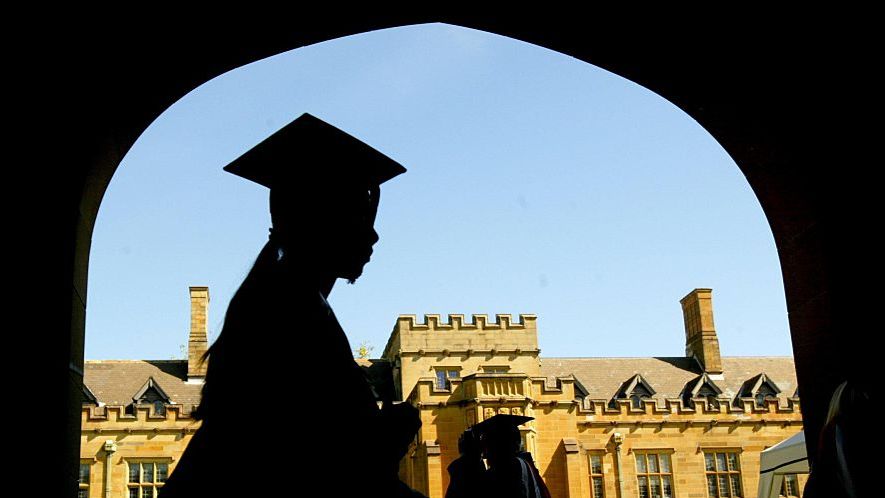
Australia’s debate over capping foreign student numbers remains unresolved despite a controversial bill unexpectedly losing support in Parliament. The bill, which was part of the government’s broader strategy to reduce overall migration to Australia, had garnered strong opposition from universities that argued it would harm the higher education sector and diminish Australia’s global academic reputation.
The Australian government had argued that the legislation was necessary for the long-term sustainability of the industry, particularly to alleviate pressures on housing and infrastructure. Initially, it seemed that the bill would easily pass, with support expected from the opposition. However, in a surprising twist, the leader of the opposition, Peter Dutton, announced that his coalition would vote against the bill, arguing that it did not go far enough in curbing immigration. This unexpected move has left the future of the bill uncertain, and some universities have expressed both relief and concern about the growing unpredictability surrounding the foreign student sector, which contributes approximately A$50 billion to the Australian economy.
Luke Sheehy, head of Universities Australia, expressed that he felt no relief over the bill’s failure to gain support. He voiced concerns that international students would continue to be used as a political scapegoat in the migration debate leading up to the federal election, scheduled for May 2025. Sheehy, whose organization represents 39 universities, noted the lack of certainty for institutions that rely heavily on foreign student enrolments.
The proposed bill aimed to limit new international student enrolments to 270,000 in 2025, a significant reduction from the 2024 numbers. This cap was set to come into effect within weeks, leading universities to take preemptive measures such as job cuts and rejecting student applications. Consequently, the uncertainty surrounding the bill had already begun to affect student decisions, with some prospective international students choosing to study in other countries, given the lack of confidence in Australia’s higher education sector.
While the bill is still before the Senate, it faces significant opposition from both the Liberal-National coalition and the Greens, who also oppose the cap. Without the support of either party, the bill cannot pass. Peter Dutton, leader of the opposition, criticized the bill as “a dog’s breakfast” and pledged that, if his coalition wins the upcoming election, they would introduce even stricter cuts to migration. The Greens, on the other hand, accused the bill of “dog-whistling” and unfairly blaming international students for contributing to the housing crisis, a situation they argue students are not responsible for.
The failure of the bill would mean that the current visa policy, which has been criticized for directing most international students to a small number of city-based universities, would remain in place. The Group of Eight (Go8), which represents Australia’s top universities, has stated that the bill would have negatively impacted students and staff and that its collapse was a positive outcome for the sector.
However, the uncertainty has left the industry in a difficult position with only a few months before the 2025 academic year begins. Universities now face the possibility of an unexpected surge in enrolments from international students, particularly those from regions like Asia, where Australia has traditionally been a popular destination. Conversely, regional universities, which had anticipated fewer international students due to the cap, may now struggle financially with a different set of challenges.
For universities across Australia, the situation is far from settled. As Sheehy remarked, the most damaging aspect of the debate is that it has not provided the higher education sector with the certainty and stability promised by the government when the cap was first proposed. The sector continues to face a volatile future, with institutions uncertain about student numbers, funding, and long-term sustainability.
The debate over foreign student caps highlights the tension between the economic benefits of international education and the pressures of migration and housing. As Australia moves closer to the 2025 academic year, universities, students, and policymakers alike will continue to grapple with these issues, hoping for a resolution that balances the needs of the higher education sector with broader social and political concerns.








